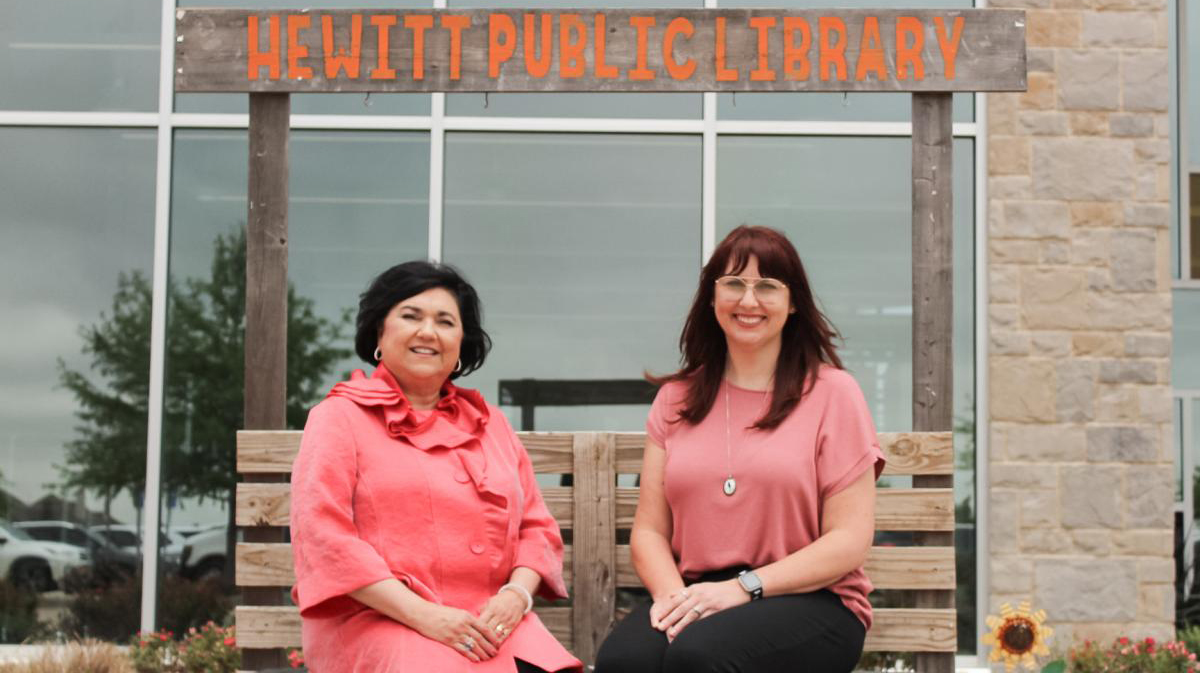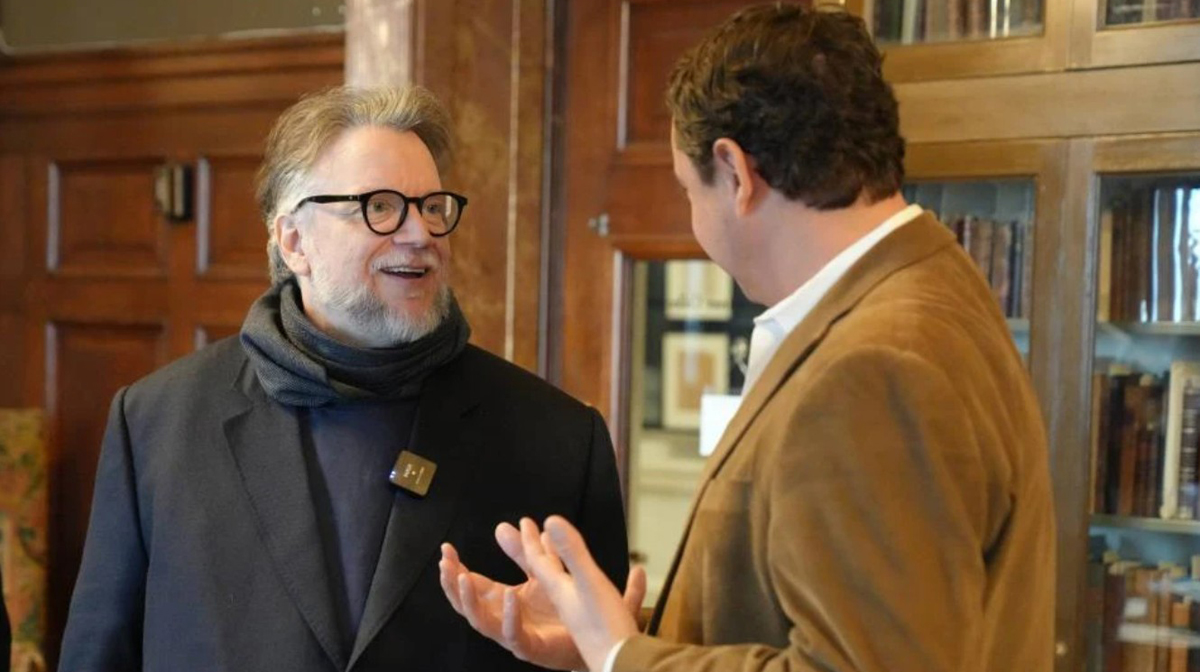May is Mental Health Awareness Month. The annual observance was established in 1949 to increase awareness of the importance of mental health and wellness in Americans’ lives and to celebrate recovery from mental illness.
Libraries play a critical and often overlooked role in helping their patrons and communities address mental health challenges. Libraries in Texas are taking this responsibility to heart, and one did so with help from the American Library Association (ALA).
Hewitt Public Library (HPL) serves around 22,000 people in Central Texas, including the city of Hewitt and neighboring communities. The library is part of the Family Place Libraries network, which allows libraries to collaborate with local resource professionals to become centers for early childhood education. Caitlin Miller, a reference librarian at University of Mary Hardin-Baylor who was a teen services library specialist at HPL at the time, has long been passionate about destigmatizing mental health and recognized opportunities to help when she was at HPL.
“During the pandemic, I knew a lot of people were struggling, especially with their mental health,” Miller told ALA. “And not a lot of people can articulate that.”
With a $3,000 grant from ALA’s Libraries Transforming Communities (LTC): Focus on Small and Rural Libraries program in 2021, Miller and HPL created a series of conversations to connect the community to professional mental health resources and experts.
To learn the skills needed to facilitate these conversations, HPL staff participated in cohort calls with other LTC grantees and completed the LTC Basic Facilitation Skills e-Course, a free online course created with small and rural libraries in mind.
Miller used what she learned in the calls and course to organize three HPL staff-led mental health conversation programs. The conversations were held virtually on Zoom, and a licensed counselor attended the initial conversation to provide professional advice and insights.
The work extended in HPL’s physical location. Miller assembled self-care kits for library visitors to take home, placing them on a table where visitors could take one without having to ask. The kits contained journals, sensory tools, coloring books, seeds and pots for gardening, and other materials to help people find the self-care tools that work for them. The kits also included cards listing professional mental health resources available to the community.
HPL staff also reached out to local parents and caregivers of young adults with disabilities that they knew were facing high levels of stress. These conversations were the impetus for programming to support youth with disabilities in their transition to adulthood and provide them with a community outside of school.
Attendance at the online conversations was not as high as hoped but that was anticipated since mental health can be a difficult subject for many to talk about. Regardless, HPL considered them a success.
“It was a way for us to say, “Hey, we’re here. We’re listening. We have resources and technology to be able to connect people together,’” then-HPL director Waynette Ditto said. “I think it is a community changer. And I’m just happy to be a part of it.”
Ditto said the LTC grant changed the city’s perception of the library, especially following the conversation about young adults with disabilities. That conversation “put [the library] on the radar” as an important partner in the community ecosystem.
“These conversations are going to change our community like no other program we’ve ever offered can,” Ditto said.
Miller said the LTC grant transformed her professional practice.
“Being able to provide a safe place and keep it structured in a way where everybody is safe … and able to not feel judged and feel welcome. That has been a really big deal for me,” she said.
ALA’s LTC grants offer more than $7 million to small and rural libraries to increase the accessibility of facilities, services and programs to better serve people with disabilities. HPL is one of 240 libraries that have received funding. Of the selected libraries, 65% serve communities of less than 5,000 people. See the full list of libraries.
Your support of the American Library Association helps make these programs possible. Join us and become an ALA supporter today.
Become a Supporter
Subscribe to the I Love Libraries newsletter! You’ll get monthly updates on library news, advocacy updates, book interviews, book info, and more!
Photo: Waynette Ditto and Caitlin Miller outside of Hewitt Public Library, courtesy of Knology/ALA.


